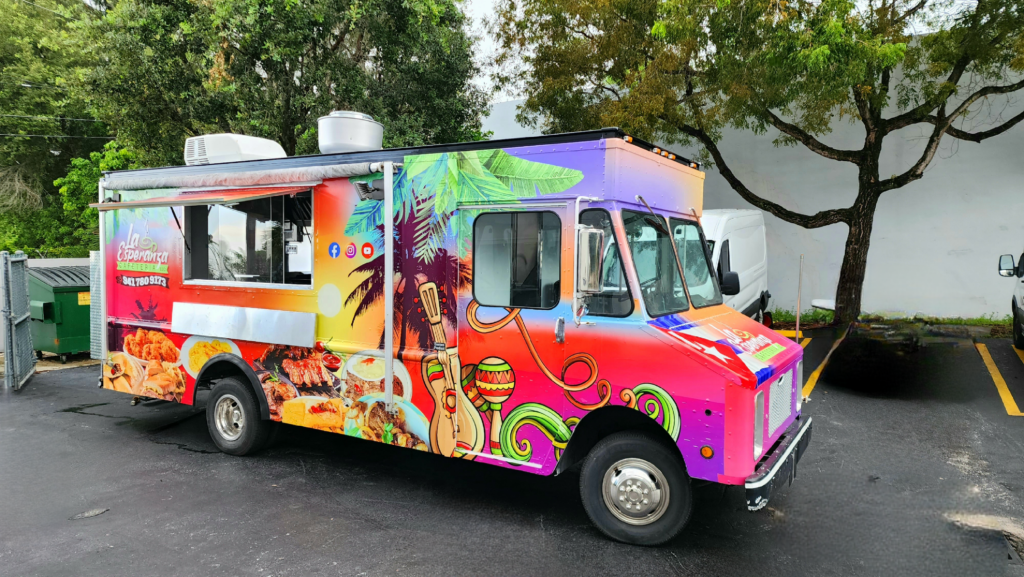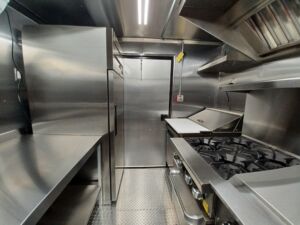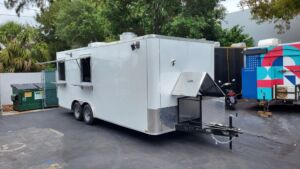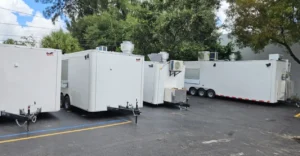As the culinary world continues to evolve, food trucks have emerged as an exciting and popular trend. These mobile eateries offer a unique dining experience that combines convenience, variety, and innovation. But is owning and financing a food truck a good investment? Let’s delve into the details.
Understanding the Food Truck Business
A food truck is essentially a large vehicle equipped with a kitchen to cook and serve food. They are seen in various locations, including festivals, events, street corners, parks, and near office buildings during lunch hours. Food trucks offer diverse cuisines ranging from gourmet cupcakes to ethnic specialties. The flexibility of location and menu makes them an attractive option for entrepreneurs looking to venture into the food industry without investing in brick-and-mortar restaurants.
The Financial Aspects of Owning a Food Truck
Financing a food truck can be less expensive than setting up a traditional restaurant. The initial investment for starting a food truck business can range from $50,000 to $200,000 depending on various factors such as the type of truck, equipment needed, licensing fees among others. On the other hand, opening a restaurant can cost anywhere between $100,000 to over $1 million. Operating costs for food trucks are also generally lower compared to restaurants. These costs include fuel expenses, maintenance costs for the vehicle and kitchen equipment, permits and licenses renewal fees as well as ingredient costs.
Profitability of Food Trucks
While lower startup and operating costs make financing a food truck seem like an attractive investment opportunity; profitability is another crucial factor to consider. According to several reports, successful food trucks can generate between $250-500k in revenue annually. However, profitability varies based on several factors such as location (both geographical area and specific site), menu pricing, operating hours, and marketing efforts. It’s also worth noting that while food trucks have lower overhead costs, they also have a smaller customer capacity compared to restaurants.
Challenges in the Food Truck Business
Like any other business, running a food truck comes with its own set of challenges. These include:
- Regulatory Hurdles: Food trucks are subject to various regulations and permits which vary by city and state. These can include health department permits, parking restrictions, and zoning laws.
- Seasonality: Weather conditions can significantly impact the food truck business. Harsh winters or heavy rainfalls can lead to a decrease in customers.
- Competition: The popularity of food trucks means increased competition both from other food trucks and traditional restaurants.
- Limited Growth Opportunities: While a successful food truck can be profitable, growth opportunities may be limited compared to a restaurant due to capacity constraints.
Is Financing A Food Truck A Good Investment?
The answer depends on several factors including your financial situation, business acumen, culinary skills, and passion for the industry. If you’re an entrepreneur with a passion for food and looking for an affordable way to enter the restaurant industry, financing a food truck could be an excellent investment. However, it’s essential to conduct thorough market research before starting your venture. Understand your target audience’s preferences, scout for ideal locations, plan your menu carefully and consider all costs involved in running the business.
In conclusion, while financing a food truck has its challenges like any other business venture; it offers lower startup costs and flexibility that traditional brick-and-mortar restaurants lack. With careful planning and execution, owning a food truck can indeed be a profitable investment.






